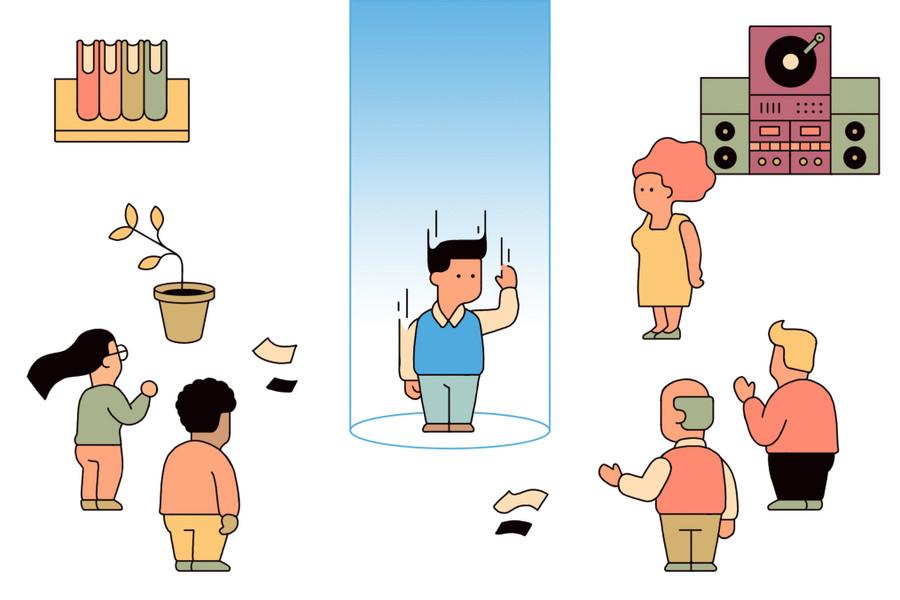Illusion of the Memory
The previous result makes sense because people tend to answer harder questions like "Which would you rather repeat?" with easier questions like "Which did you like more?"
This way they can be convinced to repeat a worse experience just because it ended slightly better or had a lower peak intensity even though it took much longer. This is also why people would rather go through a long and painful surgery than an extremely painful surgery that takes a few seconds.
3.25K
3.59K reads
CURATED FROM
IDEAS CURATED BY
The idea is part of this collection:
Learn more about scienceandnature with this collection
The impact of opportunity cost on personal and professional life
Evaluating the benefits and drawbacks of different choices
Understanding the concept of opportunity cost
Related collections
Similar ideas to Illusion of the Memory
Avoidance Of Pain
History shows us that people avoid pain and exertion, would lie to avoid a painful situation and would create hacks or shortcuts to skip through pain, often leading to worse problems at a later stage.
Example: A simple toothache would make people eat a painkiller tablet, which leads to...
Practice the art of disruption
When small talk dries up, it's often due to "mirroring." In our efforts to be polite, we answer questions directly, repeat their observations, or just agree with whatever they say.
For example, one person would say, "It's a beautiful day," and we might answer, "Yes, it's a beautiful da...
The illusion of control
Stress testing is a standard technique used to test how someone will perform in the "worst-case" scenario. The problem is that the "worst-case" scenario is subjective, causing an illusion of control.
- It can make a person overconfident in themselves, believing that they have compl...
Read & Learn
20x Faster
without
deepstash
with
deepstash
with
deepstash
Personalized microlearning
—
100+ Learning Journeys
—
Access to 200,000+ ideas
—
Access to the mobile app
—
Unlimited idea saving
—
—
Unlimited history
—
—
Unlimited listening to ideas
—
—
Downloading & offline access
—
—
Supercharge your mind with one idea per day
Enter your email and spend 1 minute every day to learn something new.
I agree to receive email updates

